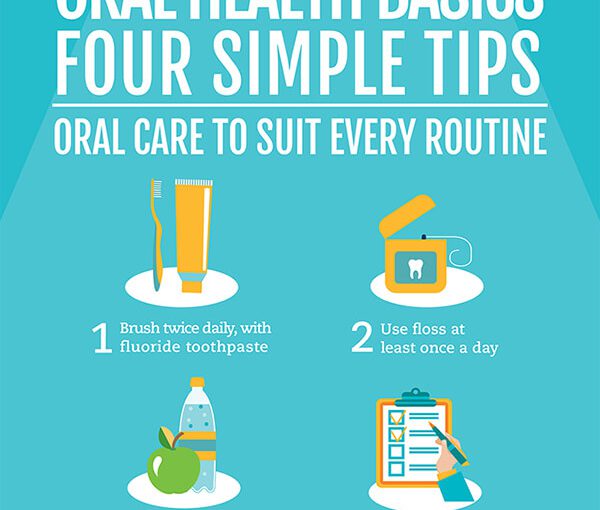Understanding Children’s Dental Needs A Parent’s Guide

Expert Tips for Children’s Dental Health
Importance of Early Dental Care
As a parent, ensuring your child’s dental health is essential from an early age. Early dental care not only sets the foundation for a lifetime of healthy teeth and gums but also helps prevent common dental issues such as cavities and gum disease. Introducing good oral hygiene habits from a young age can significantly impact your child’s overall dental health.
Establishing Good Oral Hygiene Habits
One of the most important aspects of children’s dental care is establishing good oral hygiene habits. Encourage your child to brush their teeth at least twice a day with fluoride toothpaste and to floss daily. Supervise brushing sessions to ensure they are using the proper technique and reaching all areas of their mouth. Additionally, limit sugary snacks and drinks, as they can contribute to tooth decay.
Regular Dental Check-ups
Regular dental check-ups are crucial for maintaining your child’s dental health. Schedule your child’s first dental appointment by their first birthday or as soon as their first tooth erupts. These early visits allow the dentist to monitor your child’s dental development, address any concerns, and provide guidance on proper oral care techniques. Aim for biannual dental check-ups to ensure ongoing dental health.
Preventing Cavities
Preventing cavities is a key focus of children’s dental care. Along with regular brushing and flossing, parents can help prevent cavities by limiting sugary snacks and drinks, encouraging a balanced diet rich in fruits and vegetables, and promoting good oral hygiene habits. Additionally, consider dental sealants for your child’s molars to provide extra protection against cavities.
Educating Your Child
Educating your child about the importance of dental health can empower them to take ownership of their oral hygiene. Make brushing and flossing fun by incorporating games, songs, or a reward system.
Dental Harmony: Effective Routines for Oral Well-being

Introduction
Maintaining optimal oral health is essential for overall well-being, and establishing effective dental well-being routines plays a pivotal role. In this article, we delve into key practices that contribute to a harmonious and healthy oral care routine.
Daily Brushing and Flossing Habits
The foundation of dental well-being lies in daily brushing and flossing. These habits help remove plaque, bacteria, and food particles, preventing the development of cavities and gum disease. Use a fluoride toothpaste, and be thorough yet gentle to safeguard the enamel and gum health.
Choosing the Right Oral Care Products
Selecting the right oral care products is crucial for effective dental routines. Invest in a toothbrush with soft bristles and replace it every three to four months. Additionally, choose dental floss that suits your preferences, whether traditional floss, floss picks, or interdental brushes.
Regular Dental Check-ups for Prevention
Regular dental check-ups are a cornerstone of dental well-being. These appointments allow dentists to detect potential issues early, preventing them from escalating into more significant problems. Aim for biannual check-ups, and discuss any concerns or changes in your oral health with your dentist.
Balanced Nutrition for Oral Health
Diet plays a significant role in dental well-being. Consume a balanced diet rich in fruits, vegetables, dairy, and lean proteins. Limit sugary snacks and beverages, as they can contribute to tooth decay. Adequate hydration also supports saliva production, which helps neutralize acids and protect teeth.
Avoiding Tobacco and Limiting Alcohol
Tobacco use is a major risk factor for various oral health issues, including gum disease and oral cancer. Quitting smoking and avoiding tobacco products contribute significantly to dental well-being. Additionally, limit alcohol consumption, as excessive alcohol intake is linked to increased risk of gum disease.
Understanding the Importance of Saliva
Saliva plays a crucial role in maintaining oral health. It helps
